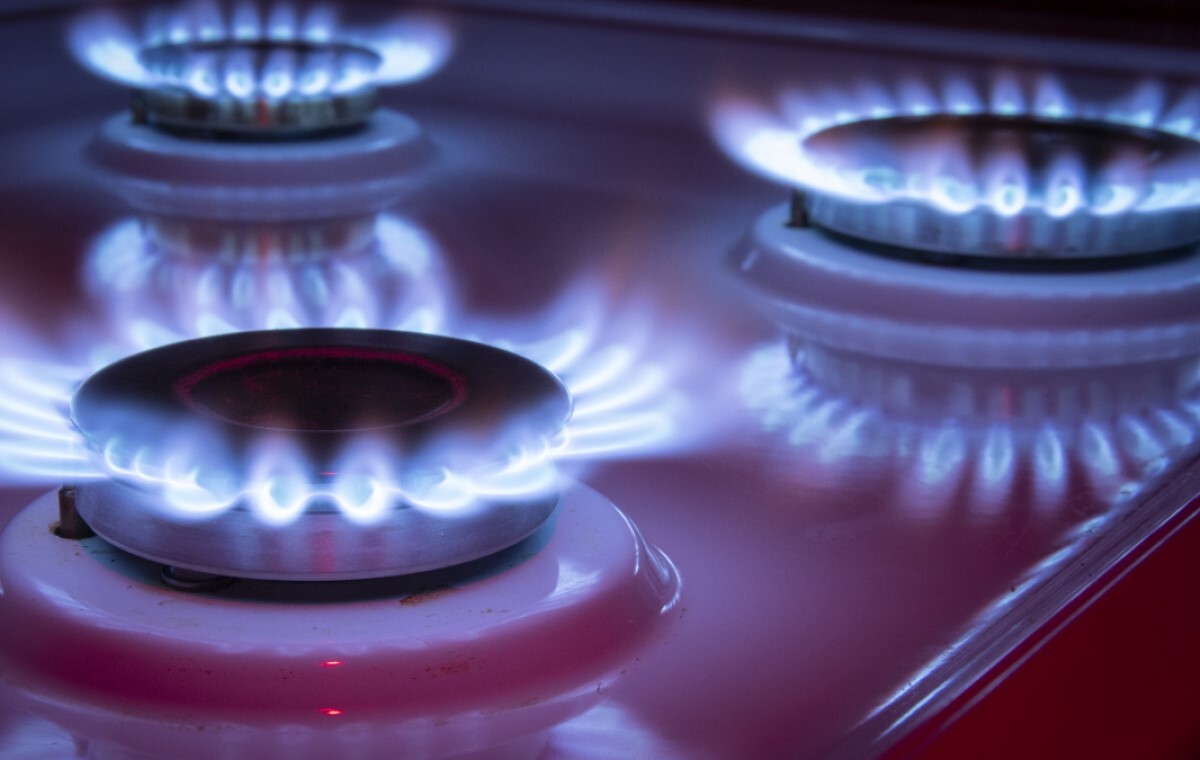The worst-case scenario for the energy sector has eased slightly in relation to the coming winter. All due to the drop in the price of natural gas, the price of which is the lowest in the last two months. “One of the main reasons there will be no gas shortage in the winter is the rapid replenishment of stocks: according to analysts at Goldman Sachs at the end of October, European gas storage facilities will be 90 percent full.” – we read in “Dziennik Gazeta Prawna”.
Gas on the ICE exchange nearly halved in four weeks. The price of blue fuel has historically been high at 350 Euro / MWh. Now, for contracts with delivery in October it is 180 EUR / MWh.
There are more and more analyzes indicating that the price of the commodity may continue to decline. According to the investment bank Goldman Sachs, at the end of March next year, at the end of the heating season in Europe, gas will cost less than 100 EUR / MWh.
– writes Tomasz Jóźwik in “Dziennik Gazeta Prawna”.
Experts and investors are betting on a scenario in which the magnitude of the energy crisis in Europe has been somewhat overstated, or at least the worst-case scenarios will not materialize. Despite the announcement of the suspension of supplies through the Nord Stream gas pipeline by the Russian Gazprom at the beginning of September
– He adds.
Grzegorz Ogonek, economist of Santander Bank Polska, also evaluates the situation for “DGP”.
We are still in the process of discovering the negative consequences of the supply shock linked to the sharp increase in the prices of energy raw materials. This impulse spread widely throughout the economy and reached many corners of the market
– underlines the expert.
One of the unknowns concerns, for example, consumer behavior. We know that due to various types of wire transfers in times of pandemics, their savings rate has dramatically increased. But it is difficult to determine exactly how these savings are distributed, what percentage of households will reduce consumption and which will choose to pay the highest prices.
– He adds.
Why won’t there be no gas in winter?
Due to a further decline in economic growth forecasts, Grzegorz Ogonek believes it is difficult to imagine the next few quarters without a recession in Europe.
How much we have to pay for energy will determine the extent of the economic consequences. According to the calculations of experts from BlackRock, the world’s largest asset management company, the European Union will spend 11.7 percent on gas, oil and coal this year. GDP, almost five times more than two years ago
– we read in “Dziennik Gazeta Prawna”.
Calculations by economist Andreas Steno show that energy expenditure in Poland and Germany will increase to around 10 percent. GDP. For comparison, in 2020 it was only 2%. GDP.
Falling energy commodity prices can lower these bills. Crude oil prices have fallen since June and are at $ 90. a barrel of grade Brent. Coal prices have been in the $ 300-350 range for several months. per ton
– says Tomasz Jóźwik in “DGP”.
The author stresses that “in this puzzle, natural gas is of fundamental importance from the point of view of Europe”. In 2021, 40 percent. of the raw material consumed by EU countries came from Russia.
One of the main reasons gas will not run out in the winter is the rapid replenishment of inventories: according to analysts at Goldman Sachs, European gas storage facilities are expected to be 90% full at the end of October. Inventories are growing faster than usual as industrial demand is decreasing under the influence of high prices
– we read.
The situation in European energy markets has started to improve over the past three weeks as political action takes shape
– underline the analysts of Timera Energy, cited by the Bloomberg agency.
What is the reason for the improvement in the situation on the energy markets?
As Tomasz Jóźwik explains, “it is not just the proposals for intervention on the energy market presented last week by the European Commission, assuming the reduction of energy consumption, or the establishment of a 140 billion euro fund, derived from the excess profits of energy companies, which will support consumers and businesses exposed to the negative effects of high energy prices ”.
On the final straight there is the legislative process that will allow France to supply 100 GWh per day of natural gas to Germany from 10 October. Germany, which met a quarter of gas demand through the Nord Stream pipeline, is among the countries most exposed to gas shortages
– writes the author in “DGP”.
The network of dependencies in the European energy sector is quite complicated and if any of the elements do not work in a crisis, we could find ourselves in a situation where some European industries will not have gas.
– underlines Grzegorz Ogonek, economist of Santander Bank Polska.
READ ALSO:
mm / “Dziennik Gazeta Prawna”
–


